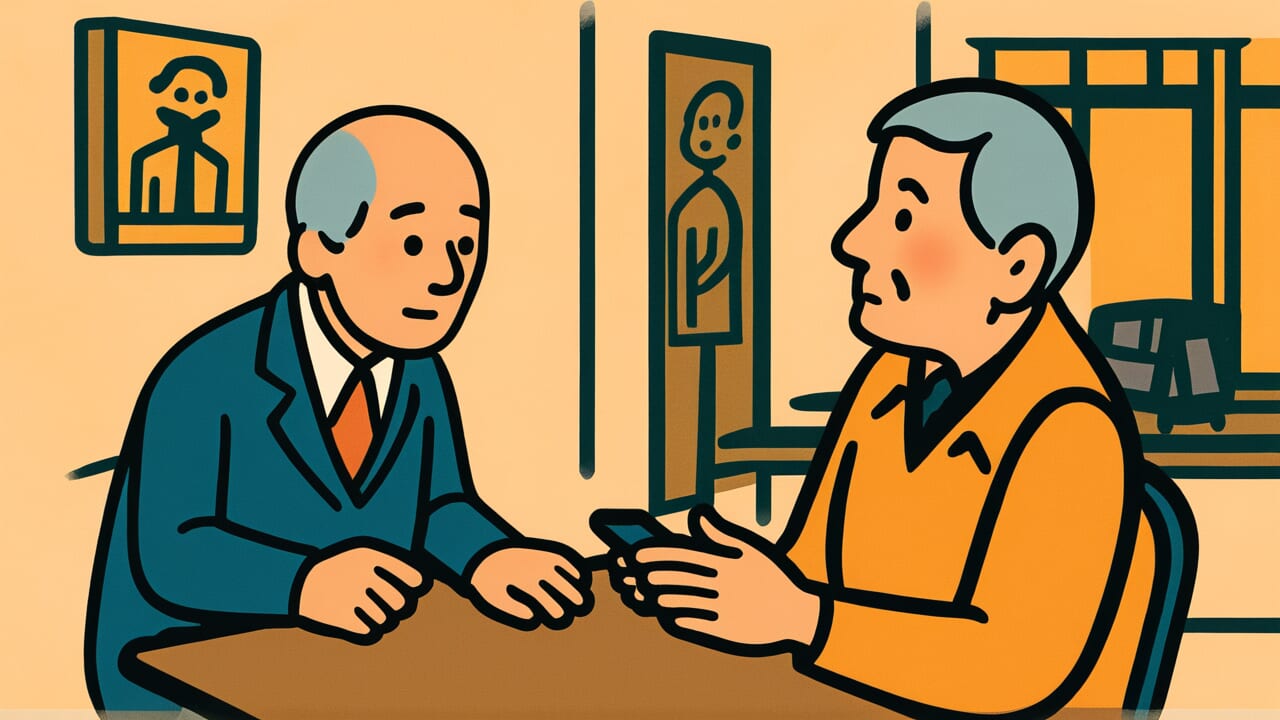How to Read “If you don’t learn in youth, you won’t know in old age”
Shōnen ni manabazareba rōgo ni shirazu
Meaning of “If you don’t learn in youth, you won’t know in old age”
This proverb teaches a life truth: if you don’t study when you’re young, you’ll face difficulties when you’re old.
Human learning ability peaks during youth. If you don’t absorb knowledge and skills during this prime period, it becomes much harder to catch up later.
This saying is mainly used when teaching young people about the importance of learning. Adults use it when talking to children or teenagers who avoid studying.
It reminds them to think about their future and work hard now. Sometimes people also use it to reflect on their own past choices.
This teaching remains important today. Basic academic skills, specialized knowledge, and the ability to build relationships all need to be developed early.
You can certainly learn things later in life. However, studying during youth when your brain is flexible and you have plenty of time makes life much richer.
Origin and Etymology
The exact source of this proverb is unclear. However, it likely developed in Japan under the influence of classical Chinese educational philosophy.
The Confucian emphasis on “the proper time for learning” probably shaped this saying.
The word “shōnen” (youth) might seem to mean only boys today. But in ancient times, it referred to all young people regardless of gender.
“Manabazareba” uses an old negative form meaning “if you don’t learn.” And “rōgo ni shirazu” means lacking knowledge and education in old age.
The structure of this phrase is interesting. It contrasts two life stages: youth and old age.
It skips the middle years entirely. By directly connecting the learning period with the consequences in later life, it clearly shows cause and effect.
During the Edo period, temple schools called terakoya were widespread. Teachers frequently used moral proverbs like this one in their lessons.
When explaining the importance of education, this expression was persuasive. It showed concrete future consequences of present choices.
Usage Examples
- My son hates studying, but “if you don’t learn in youth, you won’t know in old age,” so I want him to master at least the basics now
- I regret not studying harder when I was young—it’s truly “if you don’t learn in youth, you won’t know in old age”
Universal Wisdom
This proverb has been passed down because it addresses a harsh truth: time moves in only one direction during human growth.
When we’re young, we tend to feel like we have unlimited time. We easily put off learning for later. But time never comes back.
The human brain develops best during specific periods. Language acquisition and basic thinking skills form most efficiently in youth.
Modern brain science proves this fact. But people in ancient times knew this truth through experience. That’s why they created this proverb as a warning.
On a deeper level, this saying teaches the value of “now.” Youth is a limited resource. If you don’t use it, it disappears.
Regret always comes in the form of “I wish I had done that back then.” Our ancestors saw many people repeat the same regrets. That’s why they left us these words.
This proverb gently but firmly conveys a reality: some things in life cannot be undone. This isn’t meant to threaten you. It’s actually an expression of love.
It’s an urgent message from our ancestors. They want young people to live without regrets.
When AI Hears This
Think of early learning as compound interest, and the differences become striking. Imagine knowledge gained at age 10 as a principal of 100.
Each year, applications and related knowledge grow by 10 percent. By age 60, after 50 years of compounding, that knowledge reaches 11,739.
But if you gain the same knowledge at age 50, it only grows to 259 by age 60. A 40-year difference in start time creates a 45-fold gap, even with equal effort.
This gap exists because knowledge doesn’t exist in isolation. Learning math makes physics easier to understand.
Understanding physics builds engineering thinking. That improves problem-solving abilities. Knowledge generates interest, and that interest generates more interest.
When you build foundations early, this chain reaction continues for decades. Your intellectual assets grow exponentially.
Compound interest has an important characteristic: the first few years show little visible growth. After 10 years, you only reach 2.6 times the original.
That’s why learning in youth often feels “not immediately useful.” But after 30 or 40 years, the curve shoots upward dramatically.
This long time horizon is youth’s greatest weapon.
Lessons for Today
This proverb teaches modern people the value of “this very moment.” If you’re a student, the studying you do now becomes the best gift to your future self.
Even if you’re already working, it’s never too late to learn new skills. But starting earlier is definitely better.
The key is not postponing learning with “I’ll do it someday.” Even if something can wait until tomorrow, starting today gives you one extra day of growth.
Modern times change rapidly. Without continuous learning, you risk falling behind.
However, this proverb isn’t meant to blame you. If you feel you missed learning opportunities in the past, don’t criticize yourself.
Instead, start today. Today is the youngest day of the rest of your life.
For younger people, please understand how precious your current time and energy are. For those who are older, know that continuing to learn enriches your life.
Learning never ends. What matters is not wasting today.



Comments